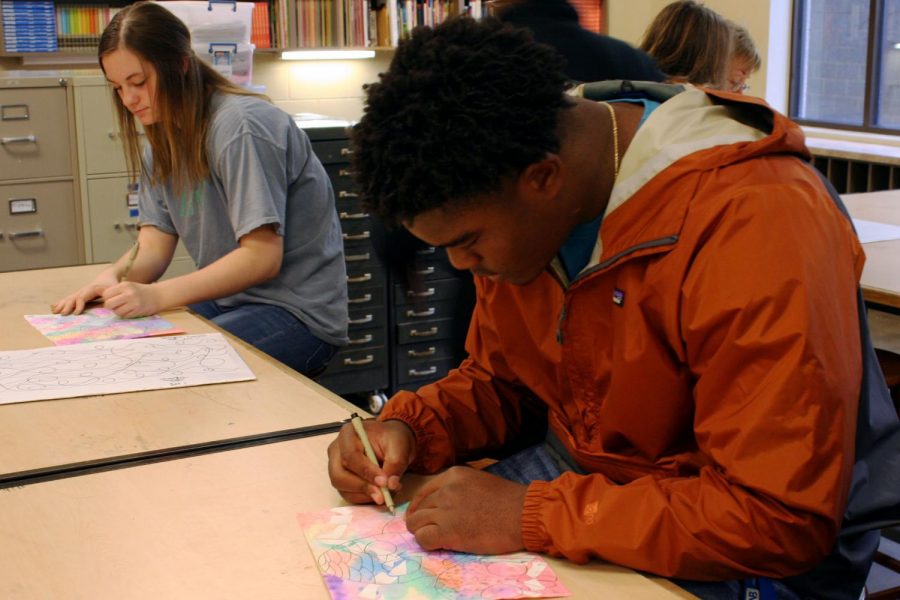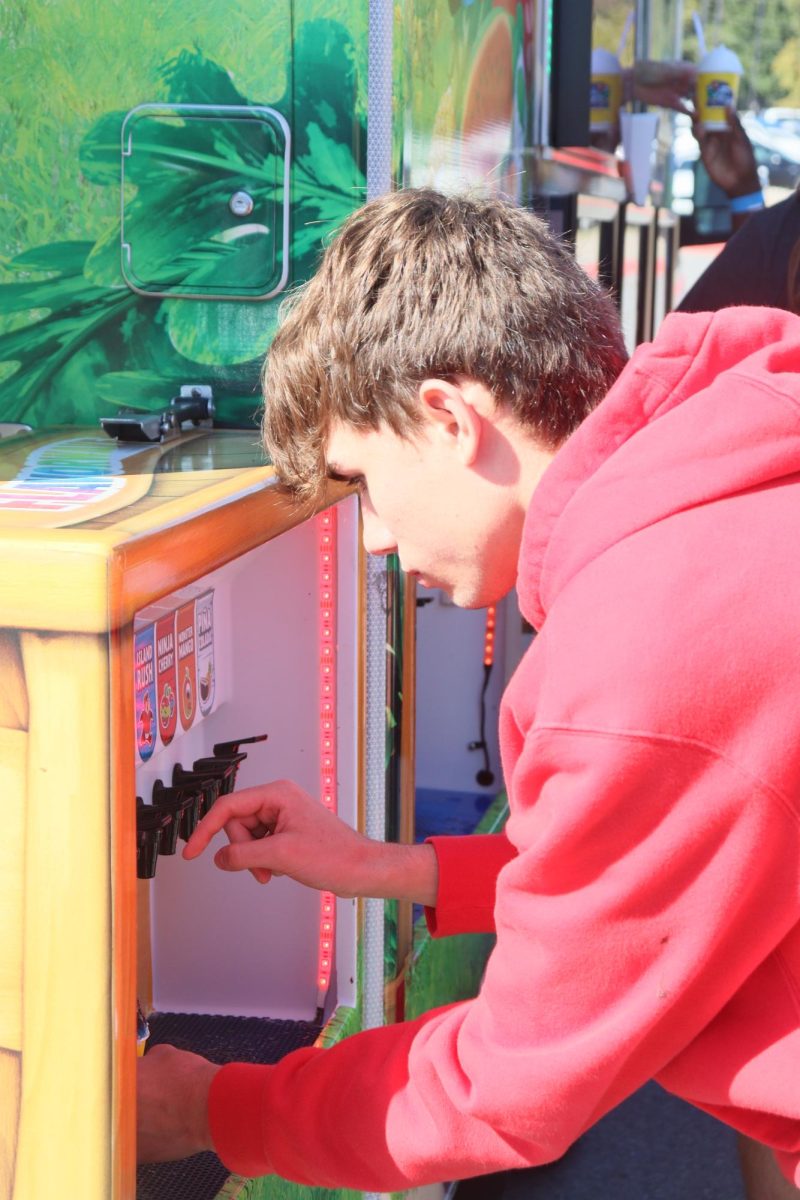Pressures of The Student Athlete
November 8, 2018
55.5 percent of high school students are involved in a school sport. Participating in a sport is a good way for students to socialize and develop healthy habits, but the pressure of balancing their sport and school can often become overwhelming.
With the long and vigorous hours that many sports demand, many student-athletes struggle to keep up with their grades. Softball player senior Henessae Shavers is among the many student-athletes who have experienced the pressure of keeping up with their classes.
“If you don’t get on top of your grades and homework, then it can very easily slip away from you,” Shavers said.
The demands of practice for sports often leave athletes exhausted both physically and mentally, making homework less of a priority.
“After practice, I’m tired, and all I want to do is go to bed, but I know that I can’t,” Shavers said. “I just have to fight it and make sure my work gets completed.”
Football player junior Austin Bailey has also experienced pressure in the classroom due to his intense football schedule.
“I feel like I would get a lot more work done if I wasn’t in football,” Bailey said. “I hear kids in my classes talk about how much homework they have, and I know I have the same amount, but I don’t get to start mine until six in the afternoon.”
Coaches sometimes add to the pressure that student-athletes feel to succeed. Most coaches expect complete focus and perfection from their players and may punish them when they receive anything less.
“The coaching is probably one of the hardest parts of football,” Bailey said. “We have to learn how to deal with our coaches yelling in our face after we mess up.”
Many student athletes not only feel pressure in the classroom, but they also feel it in their own sport. While some might not consider marching band a traditional sport, it does involve a lot of physicality and movement, and Bryant flute section leader, junior Paige Fuhrman feels pressure every performance.
“My biggest fear is that once we all get out on the field and we’re about to perform, I’ll get nervous and mess up that run,” Fuhrman said.
Even though failure is inevitable in any sport, it is still feared by athletes. For sophomore soccer player Melinda Hernandez, fear of failure sometimes prevents her from fully focusing on the game.
“I’m scared to mess up because I don’t want to be taken out or let my team down,” Hernandez said.
Fear of failure prevents athletes from playing to the best of their abilities and consumes a lot of their thoughts while playing. Their excessive thinking about their sport carries into school, and distracts players from focusing on the task at hand.
“Sometimes I catch myself thinking about upcoming games or plays in the middle of class,” Hernandez said.
Many student athletes feel unappreciated. According to Bailey, some teachers and non-athletes often don’t understand the challenge of balancing school and sports. To most athletes, it is not just a sport, it is their reputation and their identity.
“There is a lot of work that goes into what we do,” Bailey said. “My biggest fear is not being successful.”








